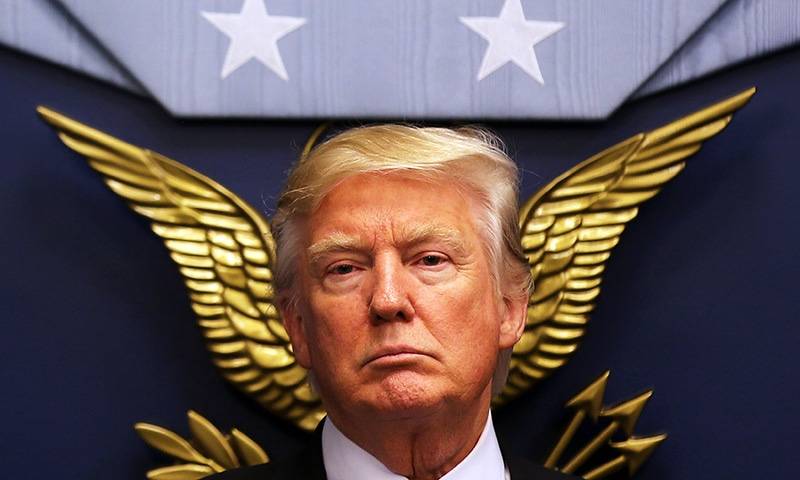The Trump administration ban on Muslims entering the United States from seven Muslim-majority nations might be extended to other countries, including Pakistan, an official said Sunday, as Muslim world struggle to cope up with what the US president said would make America safe from "radical Islamic terrorists".
"You can point to other countries that have similar problems like Pakistan and others - perhaps we need to take it further," White House chief of staff Reince Priebus told CBS News, clarifying that the executive order was "not a Muslim ban".
"But for now, immediate steps, pulling the Band-Aid off, is to do further vetting for people traveling in and out of those countries. This was a promise that President Trump had made and it’s a promise that he’s going to keep."
Trump this weekend signed an executive order that bans all immigrants and visa holders from seven Muslim-majority countries from entering the United States for 90 days. The seven countries mentioned in the order are Iran, Iraq, Syria, Libya, Somalia, Sudan and Yemen.
Coming in the late hours of Friday, and with little apparent consultation with other agencies and groups prior to its publication, the order created havoc and confusion among those tasked with overseeing entry into the country.
The action prompted fury from Arab travellers in the Middle East and North Africa who said it was humiliating and discriminatory. It drew widespread criticism from US Western allies, including France and Germany, Arab-American groups and human rights organisations.
In a tit-for-tat move, Iran's foreign ministry said Saturday it would bar Americans from entering the country in response to President Donald Trump's “insulting” order.
“The Islamic Republic of Iran... has decided to respond in kind after the insulting decision of the United States concerning Iranian nationals until the measure is lifted," the ministry said in a statement carried by state television.
Though Trump, on the campaign trail, had pledged to stop refugees from certain Muslim-majority countries from entering the United States, there was some skepticism that he would actually follow through on the proposal. Business groups had warned against it, as did religious organisations, including some with traditionally conservative political leanings.






